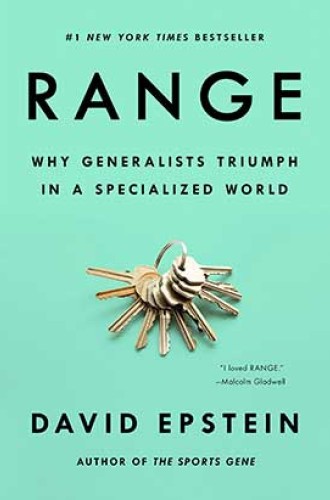The problem with specialization
Chess players and golfers might benefit from an early, singular focus. Most people don’t.
We generally assume that the best way to make a contribution to our increasingly complex world is to specialize: choose an area of expertise, preferably at a young age, and focus on it exclusively for an extended period. In Outliers, Malcolm Gladwell famously observed that people who accomplish great things are those who devote 10,000 hours to the practice of a discipline. According to this theory, the Beatles were able to become the greatest band in history because early in their careers they clocked something like 10,000 hours playing into the wee hours every night in Hamburg. Similarly, Bill Gates got a jump on other innovators in his field by logging thousands of hours at the computer beginning in his teen years.
David Epstein’s critique of specialization begins with what he calls the “cult of the head start.” Epstein started as a sportswriter, so it is not surprising that he begins his argument by contrasting the development of two athletes who became recognized as the best in their respective sports.
Tiger Woods’s story has been so often told that it emblemizes how to develop a particular skill to the point of near perfection. Films show that Woods had a mature golf swing at the age of two. Woods’s father, seeing his son’s promise, ensured that Tiger practiced countless hours to perfect his swing. Woods had prodigious talent, but the key to its development was his singular focus. He dedicated himself early and completely to becoming the best golfer in the world.





